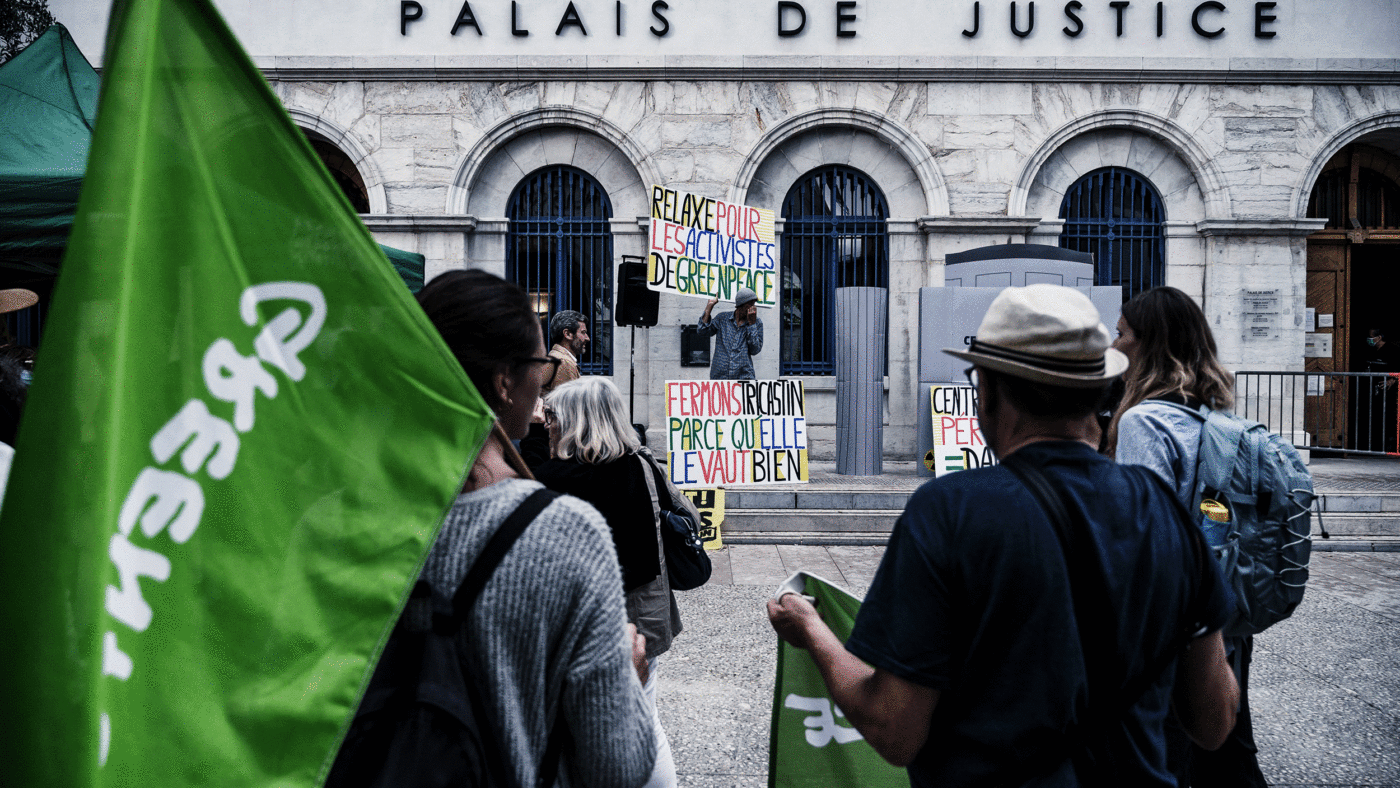Across the globe there is now widespread support for tackling climate change, but politicians and activists can’t agree on how to actually do it.
We know what solutions will work. Rigorous scientific assessment by the Intergovernmental Panel on Climate Change (IPCC)’s Working Group 3 on mitigation and adaptation have identified what we need to most effectively tackle climate change. On energy, WG3 finds that we need renewables, Carbon Capture Storage applied to both fossil fuels and bioenergy, and nuclear energy for tackling the climate crisis. This isn’t a case of ideology, but of arithmetic.
Unfortunately, ideology continues to get in the way of implementing those solutions. Most notable is the example of nuclear energy, which is being phased out across Western nations despite the need to bring down emissions whilst meeting energy needs with clean, low-carbon energy.
All eyes, then, have been on discussions over whether or not nuclear should be included in the EU’s Sustainable Finance Taxonomy, which is a classification system designed to establish environmentally sustainable economic activities. The Taxonomy is meant to provide a common understanding of economic activities that make a substantial contribution to the EU’s environmental goals, and it is meant to be evidence-led. It is significant because it provides companies, investors and policymakers with appropriate definitions for which economic activities can be considered environmentally sustainable.
To assess nuclear energy’s role in the Taxonomy, the European Commission’s in-house scientific body, the Joint Research Centre (JRC), assessed nuclear energy under the EU’s ‘do no significant harm’ criteria. The requirements to do no significant harm to the four non-climate environmental objectives are: the sustainable use and protection of water and marine resources; the transition to a circular economy; pollution prevention and control; the protection and restoration of biodiversity and ecosystems.
The good news is that nuclear energy easily passes these measures – and that is what the JRC found in its report.
The report also calls for extending the lifetime of the existing nuclear generation capacities, calling this “an economically very attractive option”.
It goes on:
“Being used as baseload technology, [nuclear] provides flexible operation to complement the intermittent renewable energy sources. Thus, wind and solar deploy more efficiently. On the one hand, this avoids use of highly carbon-intensive generation technologies often used for a backup. On the other hand, this integration, together with the electricity storage, brings benefits to the electricity grid, by minimising short-term disruptions.”
Nevertheless, anti-nuclear governments are intent on objecting to the financing of nuclear. Led by Germany – which creates some of the highest emissions of air pollution as well as greenhouse gases in Europe – several EU member states published a letter arguing that nuclear energy should be kept out of the EU’s green finance taxonomy.
This move has, predictably, been applauded by long-term anti-nuclear activist groups WWF EU and Greenpeace EU.
Responding to this letter, almost 100 Members of the European Parliament have called on the European Commission “to follow the science” and include nuclear energy under the EU’s Taxonomy.
Their letter states:
“We welcome the findings of the JRC and the two scientific boards, which specifies environmental aspects where assessed scientifically by a committee with expertise in environmental science, nuclear safety and safe nuclear waste disposal… If we, and the EU as a whole, are serious about facing the climate crisis with powerful tools, then we cannot reasonably discriminate against any fossil-free technology with as much potential as nuclear power objectively has.”
“There are obvious political wills from Member states without nuclear power, or with nuclear power currently being phased out, to persuade the European Commission to ignore scientific conclusions and actively oppose nuclear power. We urge the Commission to be brave enough to disregard these calls and to choose the path that their scientific experts have now advised them to take, namely to include nuclear power in the taxonomy.”
It is a sad state of affairs when people have to be ‘brave’ in order to voice opinions that are aligned with science, and there is a real need to change this narrative. To draw attention to the issues at hand, last week the new campaign group Emergency Reactor joined forces with French activist group Voices for Nuclear to light up landmarks across London and Paris. The climate activists are calling on world governments to make evidence-based decisions in climate policy. Landmarks highlighted include the Cabinet Office in London, near the Eiffel Tower in Paris, The Economic, Social and Environmental Council in Paris, and Pont de Bir-Hakeim in Paris.
The protest happened less than a week after the UK government’s own advisors on climate change warned of a ‘huge margin’ between the country’s ambitious climate targets and its ‘disappointing’ policies. The projector action marks the beginning of a cross-European campaign to end widespread misinformation about nuclear energy.
The frank reality is that light needs to continue to be shed on this matter. As Carl Sagan once wrote, science is ‘a candle in the dark’. If it goes out, we are all worse off for it.
Click here to subscribe to our daily briefing – the best pieces from CapX and across the web.
CapX depends on the generosity of its readers. If you value what we do, please consider making a donation.


